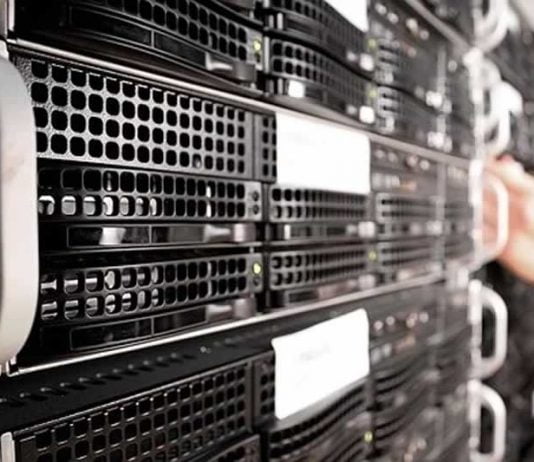Server virtualization in the data center is constantly changing. Now customers are demanding more flexibility in how they deploy and manage application workloads throughout their environment. With server consolidation becoming an integral part of IT strategies, how should customers proceed?
It is difficult to know if there is a perfect server type for your business. Choosing a business server type is difficult even with the proper guidance. A customer’s decision should be driven by their workload requirements, not by what others are doing or saying.
The following are considerations to make to find the perfect server for your business:
Contents
Remote Vs. Traditional File Servers
Traditional file servers do not have virtualization in mind and typically require dedicated hardware for each server. On the other hand, your business can run remote web file servers in a web-hosting environment or a virtual database machine with application sharing across multiple systems.
You will find the features of remote web file servers on this page. The choice between remote and traditional file servers is a complex decision and depends on your needs, the number of users, and risk tolerance.
Node Servers
Node servers are designed for high availability applications in which there is no tolerance for downtime. Critical applications with zero downtime cannot be disrupted even temporarily with node servers.
Node servers can also provide load balancing, caching, and hardware partitioning. Authority DNS, an enterprise-level solution for authoritative name services, is an ideal example of node servers.
Virtualized (x86) vs. Non-virtualized (RISC/Itanium) Servers
A virtualized architecture can be crucial to a customer if they benefit from server consolidation and dynamic resource management. With this in mind, running your business on non-virtualized servers might not be the best choice for you because it would require buying new hardware for each new application.
SQL Servers
SQL servers are typically required for business data warehousing, financial accounting, and other complex database applications. While choosing between virtualized SQL servers and non-virtualized RISC/Itanium-based servers is more about the demands of the workload than anything else.
You will generally find that many customers need to consolidate their existing databases before upgrading to new servers. Customers with five or more SQL servers might consider virtualizing their servers to reduce costs and maximize resources.
Virtual Private Servers
Virtual private servers help control costs by allowing resources to be more efficiently shared. Each virtualized server is isolated from other virtual private servers.
There are no limits to how many applications share the same system RAM, disk space, and network bandwidth. Virtual private servers provide a secure intranet for business-critical information and backend processing needs.
Storage Servers (RAID)
Opting for storage servers (RAID) requires careful study of your business data volume, type, number of workstations, and degree of criticality.
A RAID solution is best suited for businesses that need high availability, high performance, and capacity. Dedicated servers from Rack SRV will help you get the best possible uptime for storage servers.
Hybrid vs. Dedicated Servers
Even though RackSRV offers dedicated servers, customers who want to take advantage of our fully managed server solutions will benefit from choosing a hybrid model.
With the help of the RackSRV support and management team and through the use of self-learning technology, you can get more out of your business server. Dedicated servers require less hands-on management, but when your team is available for support 24/7, the hybrid model offers the best of both worlds.
When it comes to choosing between server options, the most crucial factor is your business’s applications. Virtualized servers provide a cost-effective solution for business applications that have little or no tolerance for downtime.
Non-virtualized RISC/Itanium servers are suitable for the most demanding workloads and multiple application types but require additional hardware as your business expands. Finally, node servers offer a high availability solution that is ideal for critical applications with zero tolerance for downtime, but they are also more expensive than most other models.


